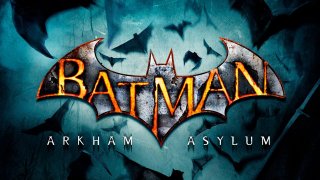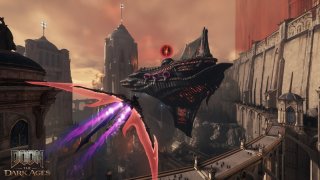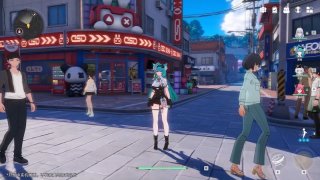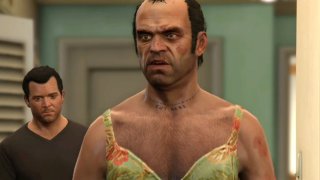The recent arrival of The Last of Us Part 2 on PC has brought both excitement and frustration to the gaming community. While the remastered version of this critically acclaimed title has been praised for its technical improvements and visual fidelity, it quickly became a target for hackers.
Sony’s decision not to implement Denuvo DRM (Digital Rights Management) on the PC version of The Last of Us Part 2 left the game vulnerable to piracy. Within days of its release, a cracked version of the game surfaced online, making it accessible to those unwilling or unable to purchase it legitimately.
This isn’t the first time Sony has faced such challenges with its PC releases. Titles like Horizon Zero Dawn , God of War , and Marvel’s Spider-Man have also been cracked shortly after their PC launches. Critics argue that Sony’s reluctance to adopt stronger DRM measures undermines the value of their exclusives on PC, potentially alienating developers and publishers who rely on robust anti-piracy solutions.
The rapid crack of The Last of Us Part 2 has reignited debates about Sony’s approach to PC releases. Many gamers feel let down by the company’s policies, which they believe prioritize short-term profits over long-term sustainability. Without proper protection, legitimate players who support these games financially may feel discouraged, especially when pirated versions become widely available so quickly.
Additionally, the high price point of Sony’s PC ports has been a sticking point for many. Not all gamers can afford to purchase these titles at launch, leading some to turn to pirated versions despite their willingness to support the developers.
Despite these concerns, early reviews of The Last of Us Part 2 on Steam have been overwhelmingly positive. Players praise the game’s stunning visuals, enhanced performance, and extensive customization options. The port offers features like NVIDIA DLSS, AMD FSR, and a wide range of graphical settings, ensuring an optimized experience for PC gamers.
However, the prevalence of piracy casts a shadow over what could have been a triumphant PC debut. For many, the lack of effective DRM protection highlights a disconnect between Sony’s business strategy and the needs of its audience. As Sony continues to expand its presence in the PC gaming market, questions remain about how the company plans to address these recurring issues. Will future releases include stronger DRM protections? Or will Sony continue to prioritize accessibility and ease of use over anti-piracy measures?
For now, The Last of Us Part 2 serves as a reminder of the challenges facing PC gaming in an era where cracking tools are readily available. While the game itself remains a masterpiece, its swift compromise underscores the need for a more balanced approach to protecting digital content without alienating legitimate players.
In the meantime, fans of the series are encouraged to support Naughty Dog and Sony by purchasing the game legally, ensuring that developers can continue creating unforgettable experiences for years to come.
Main image: x.com

 Alexander "peter bjorn" Fadin
Alexander "peter bjorn" Fadin


















0 comments